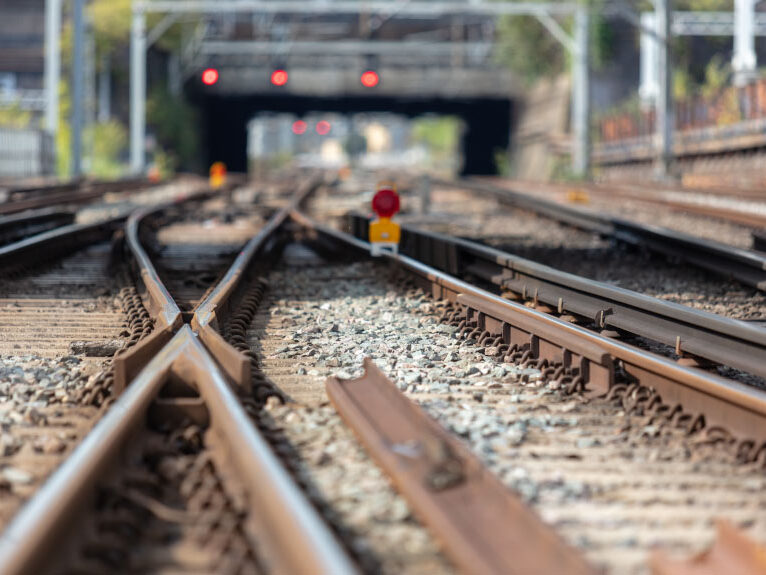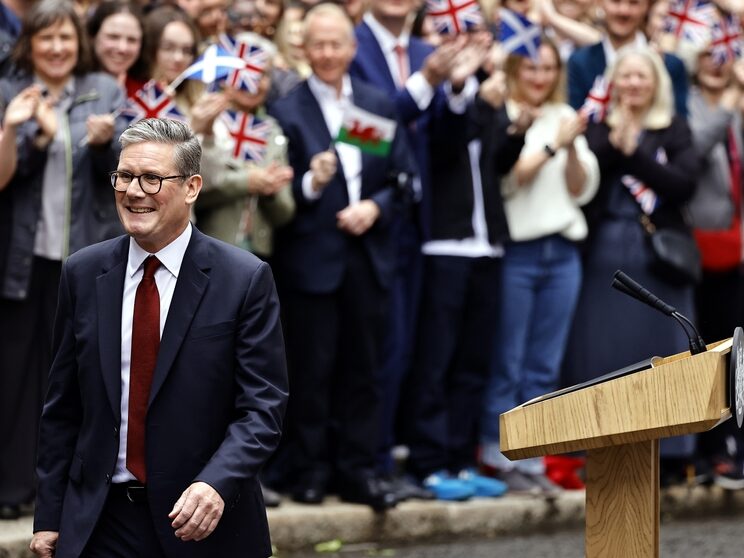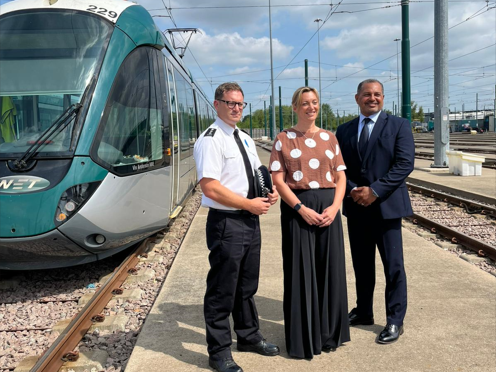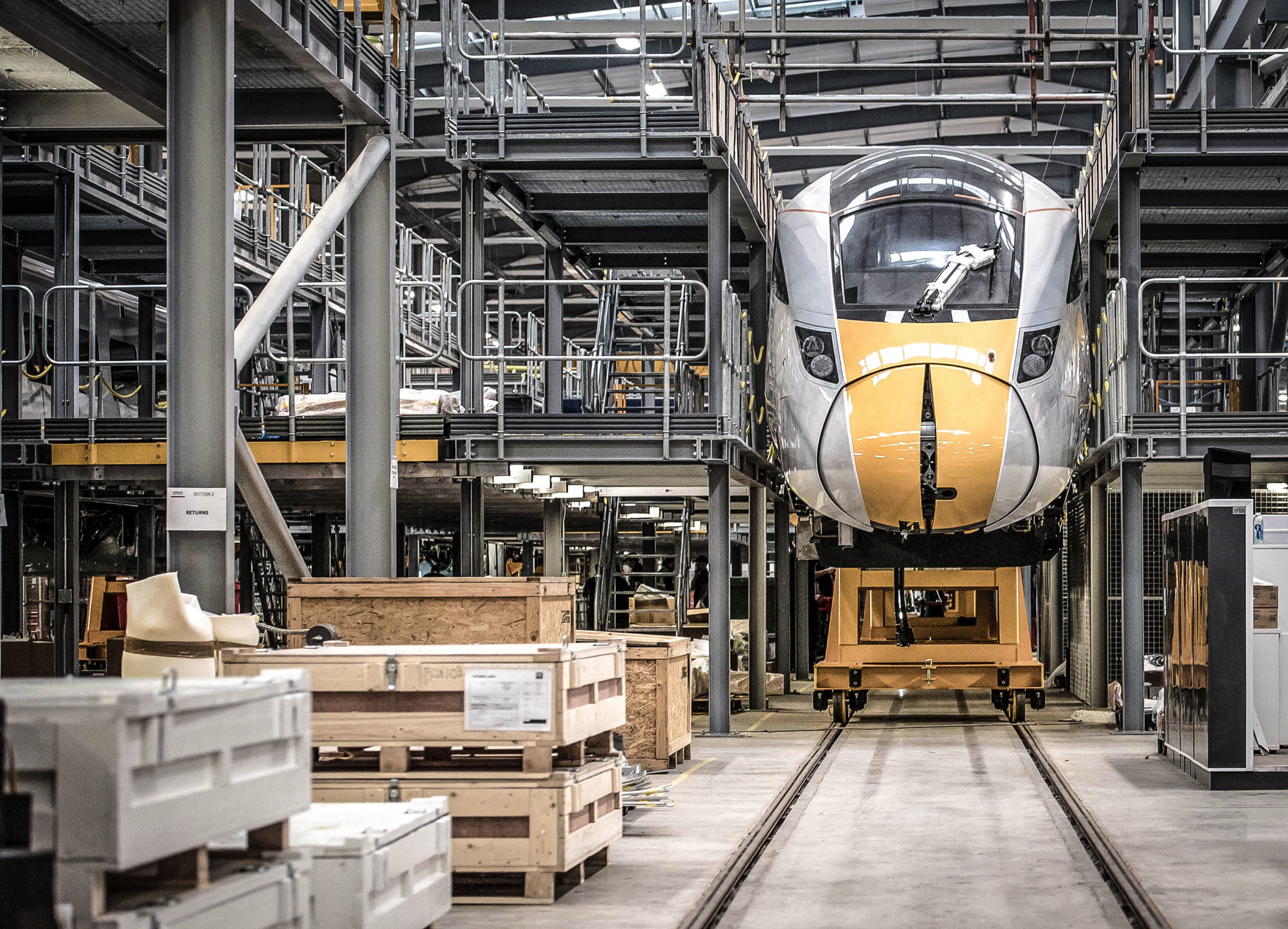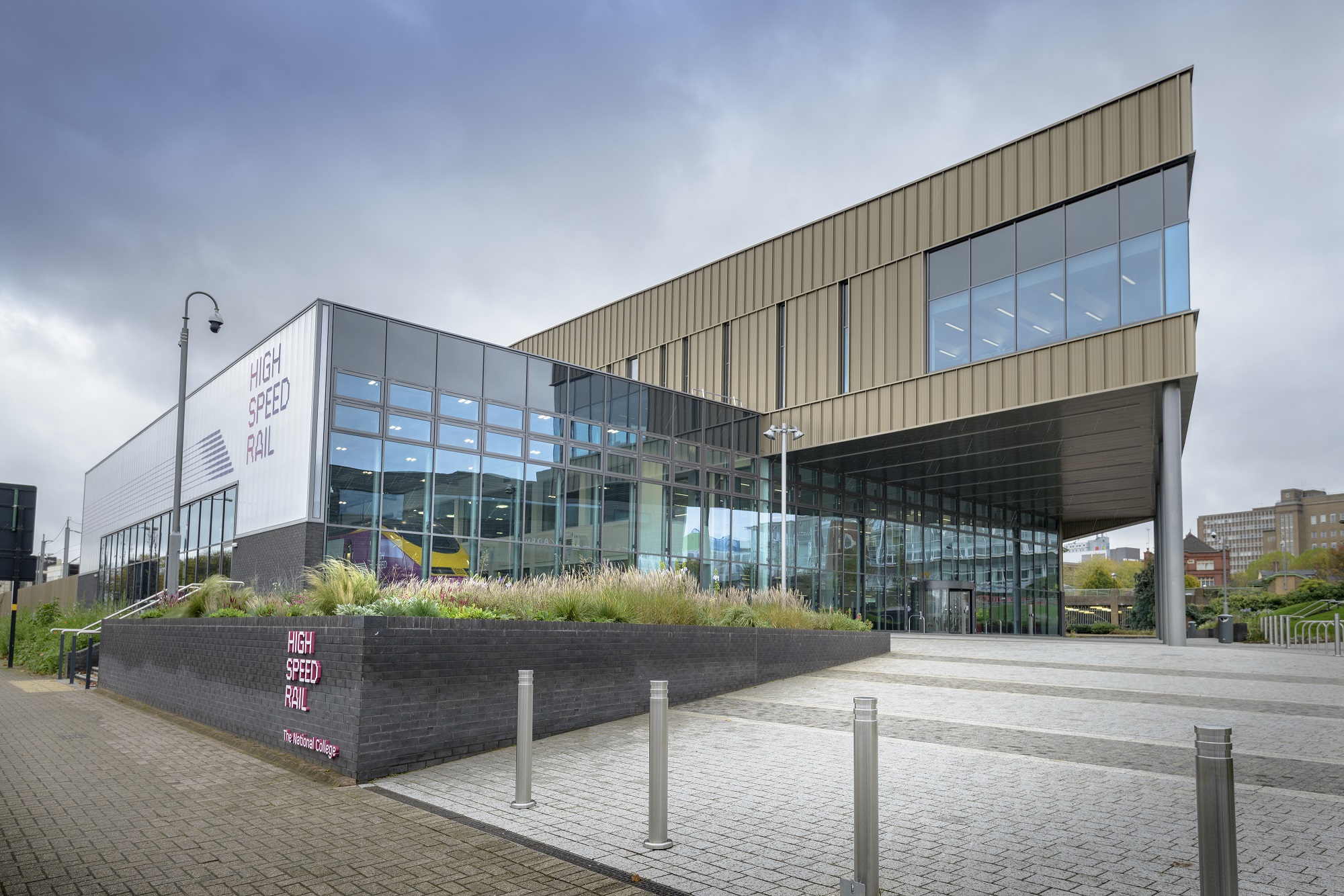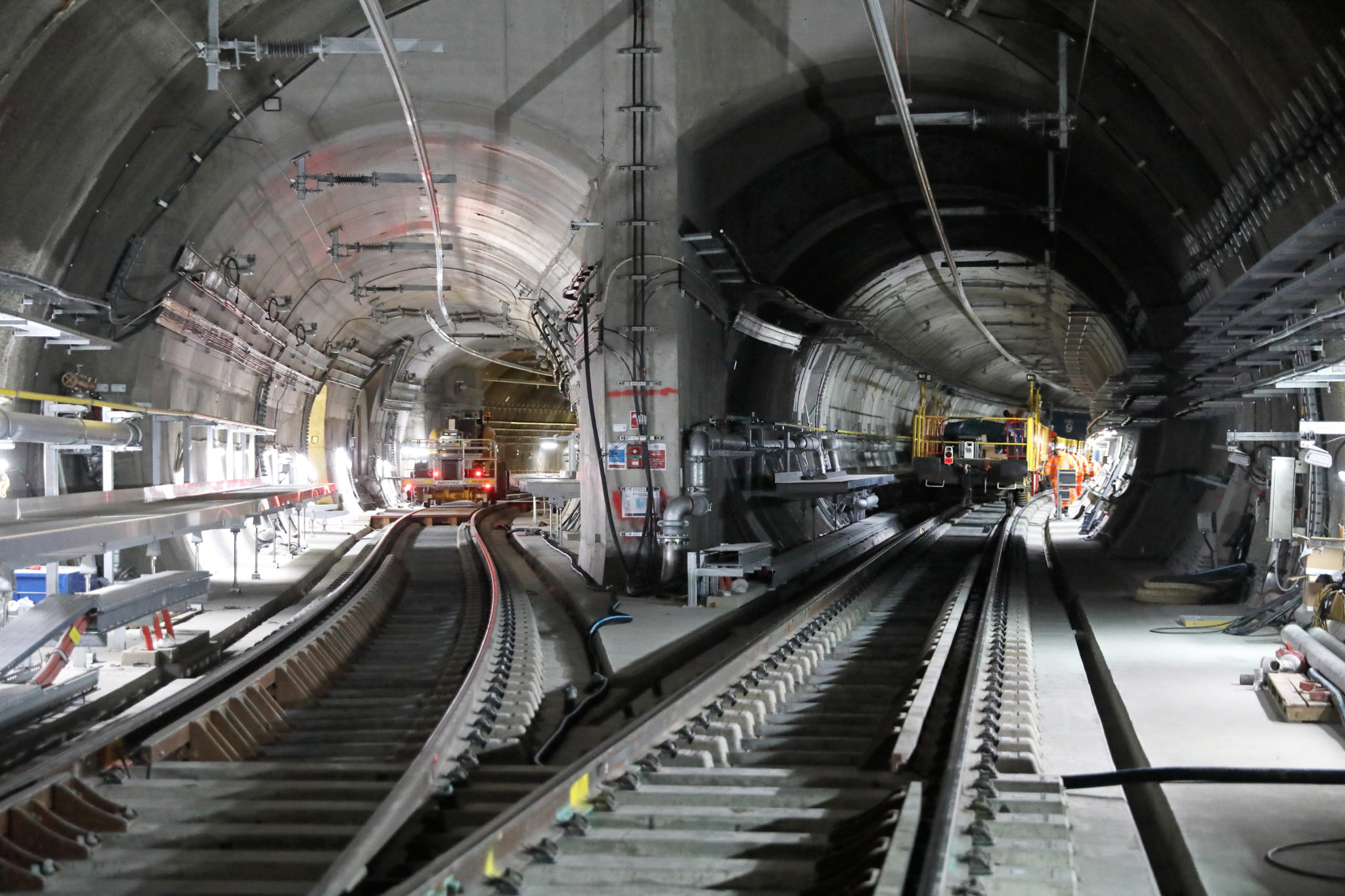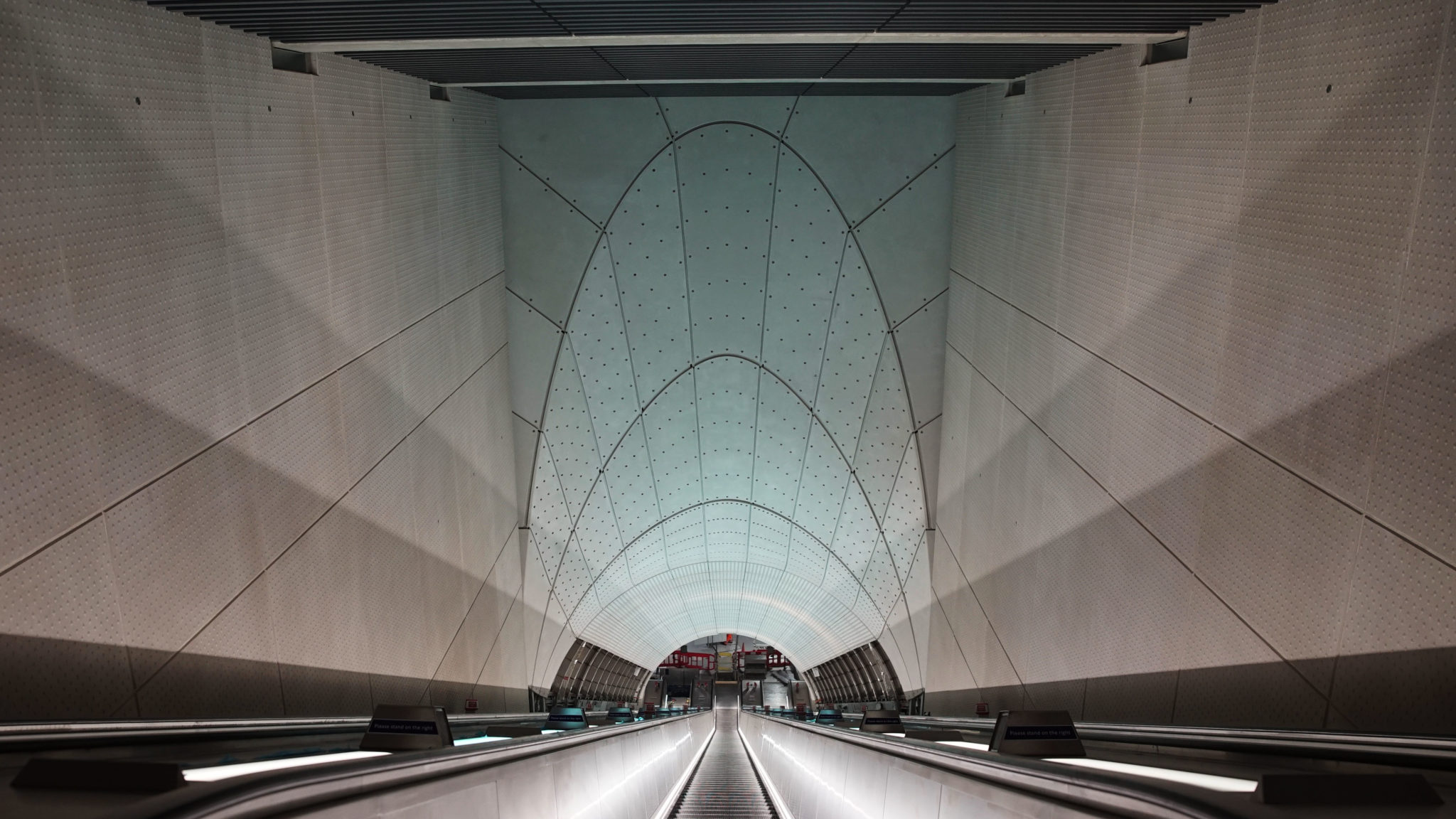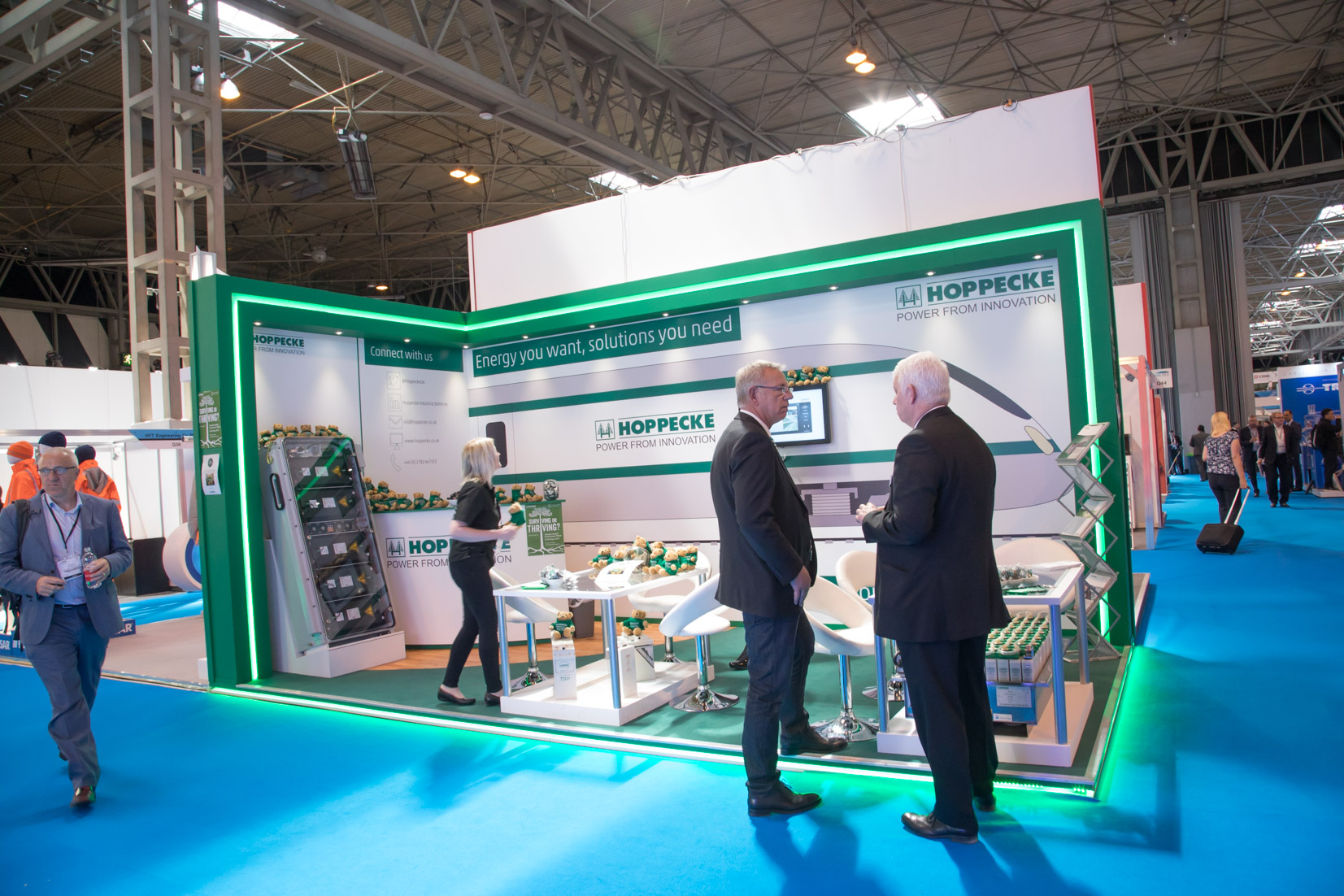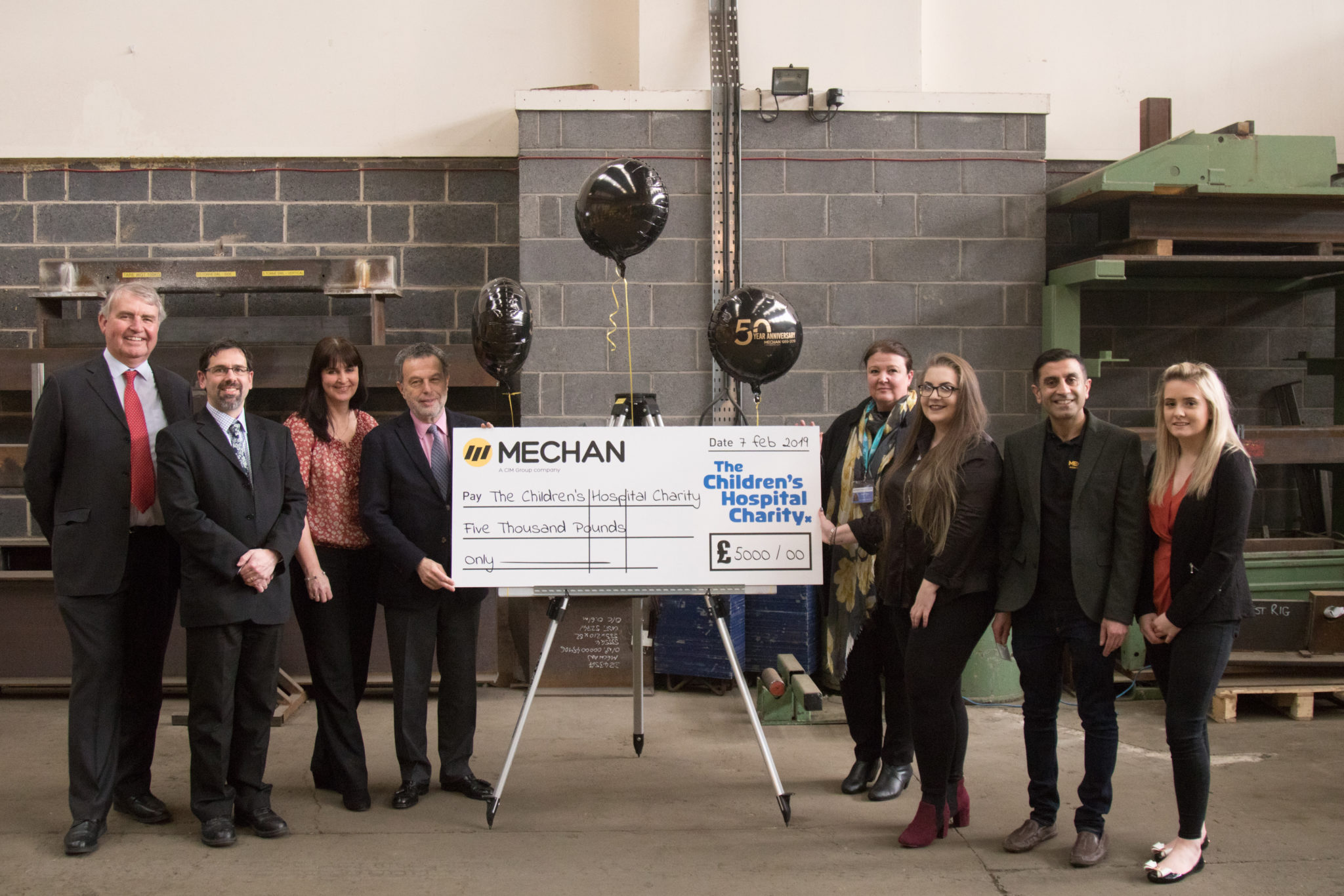The Committee on Climate Change (CCC) has published its Net Zero report, which outlines what the UK can do to stop global warming.

The report focuses on several key areas, such as agriculture, road transport, aviation and shipping, and energy.
The Net Zero report states:
“The UK should set and vigorously pursue an ambitious target to reduce greenhouse gas emissions (GHGs) to ‘net-zero’ by 2050, ending the UK’s contribution to global warming within 30 years.
“A net-zero GHG target for 2050 will deliver on the commitment that the UK made by signing the Paris Agreement. It is achievable with known technologies, alongside improvements in people’s lives, and within the expected economic cost that Parliament accepted when it legislated the existing 2050 target for an 80% reduction from 1990.”
What does the Net Zero Report Say about Transport?
- The average UK decarbonisation rate per person in the transport sector for the period 2011–16 has been 0.2%/year (EU: 2.4%/year).
- Despite the technology existing, less than 0.5% of kilometres are driven by low-carbon vehicles such as electric cars
- There are no commercially available low-carbon planes, meaning all air transport currently relies on fossil fuels.
- Emissions in the transport sector have increased by 6% since 2013 and are 4% higher now than they were in 1990. Vehicles have become more fuel-efficient, but this has been offset by an increase in demand.
- Decarbonising the transport sector must be a core goal under any climate strategy. One proposed solution is electric HGV coupled with on-road catenaries allowing lorries to recharge as they go.
- In order to meet the ‘Further Ambition’, all cars and vans would need to be electric by 2050 and the vast majority of HGVs would need to be electric or hydrogen-powered.
- Household transport emissions need to be close to zero by 2050. This is achieved in two ways. Firstly, switching to electric vehicles. Secondly, shifting to more sustainable modes of transport.”This could mean more walking and cycling (which would also provide health benefits by increasing the amount of physical activity people do) or low-carbon public transport (electric buses and trains) for longer journeys.”
- “The Government must encourage walking, cycling and the use of public transport in preference to car usage wherever possible, including through provision of infrastructure for safe and practical cycling, to exploit opportunities for emissions reductions in the nearer term, as well as achieving health co-benefits from active travel and improved air quality.”
- One of the key priority areas for the transport sector identified in the report is rail electrification. It should be planned on a rolling basis to keep costs low. Furthermore, trials of hydrogen trains on the UK network should be supported.
Industry Response to Net Zero Report
Siemens issued a statement in favour of the report. Steve Scrimshaw, Country Lead, Gas and Power UK and Ireland, Siemens, said:
“Siemens UK welcomes the Committee on Climate Change report on Net Zero. Businesses need to respond to the urgency and scale of the climate challenge and Siemens is committed to make our own operations net zero by 2030.
“Government and politicians have an import role to play. Climate change transcends politics and we call for immediate cross-party commitment to deliver net zero emissions by 2050 in line with the CCC report.
“Net zero is a big challenge and businesses need to make big investments to deliver it. Government can help by setting clear policy direction, creating the right market conditions through financial mechanisms such as carbon pricing, training and skills and setting standards through regulation to raise the bar. We are committed to work with government to make this ambitious target a reality for society and future generations.”
The rail industry faces competition, both in the passenger sector and the freight sector from other transport modes. With action becoming necessary to clean up HGVs and private cars, it is all the more important that rail continues to be a leader as the most environmentally friendly option. The sector must continue to work hard to make rail attractive as well as environmentally sound in order to further encourage a modal shift to rail even when other transport modes become greener.
Also read:
- and Eversholt Rail Reveal New Hydrogen Train Design for the UK
- See UK’s First Hydrogen Train at Rail Live 2019
- The Future of Rail: A Panel Discussion with the Heads of Siemens Mobility, Alstom and Bombardier
- Hydrogen Cells: How Alstom Is Building on the Coradia iLint
- Germany at InnoTrans 2018

















